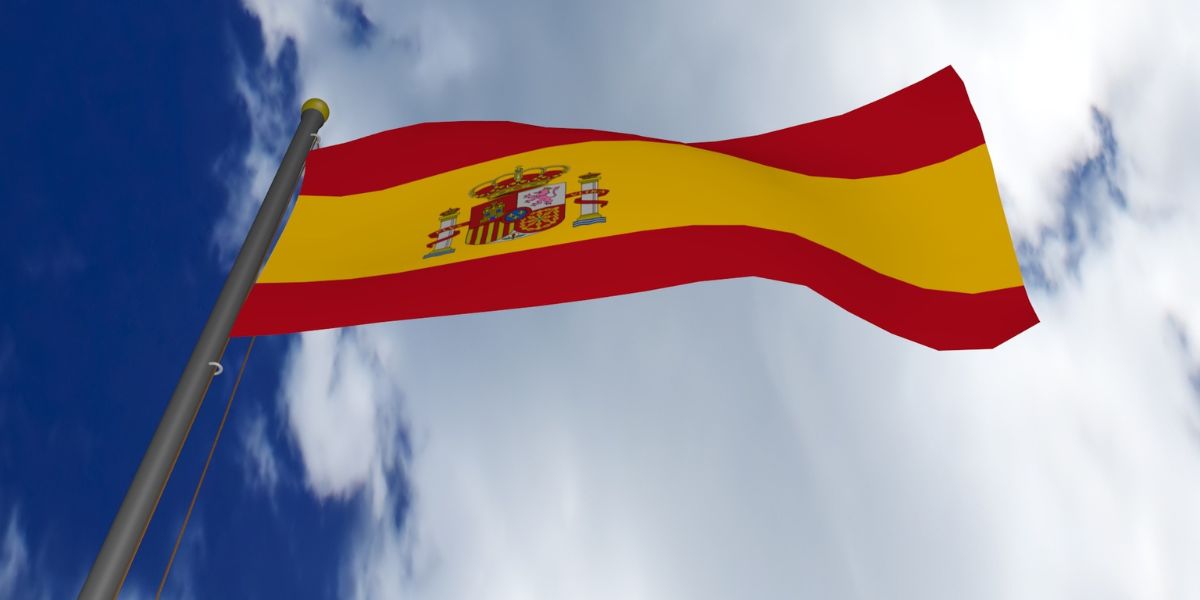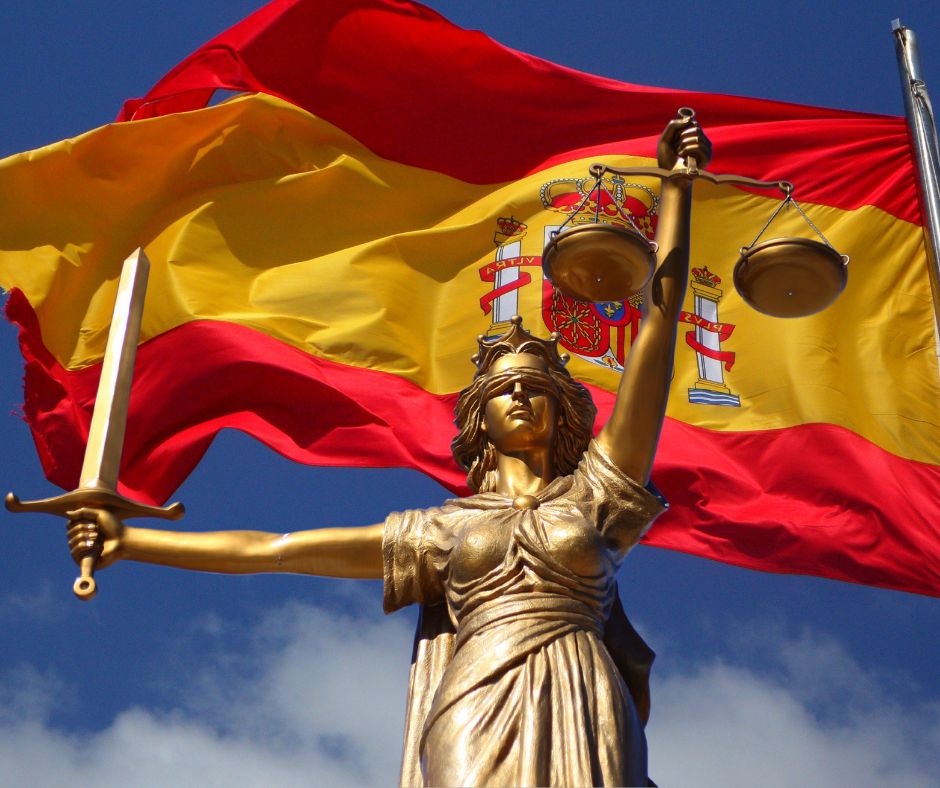Divorce Law Spain
We can assist you with your divorce, whether you wish to divorce in the jurisdiction of England or Spain.
We provide specialist advice on a wide range of family law issues, including divorce, children-related issues and the division of assets amongst the married couples.
We can assist in any case, either whether you wish and can have a divorce in the jurisdiction of England or in Spain.
Our international lawyers will be able to look into the minutiae of your case to advise you about your better options, whether to file a divorce in England or in Spain.
We provide specialist advice on a wide range of family law issues, including divorce, children-related issues and the division of assets amongst the married couples. We can assist in any case, either whether you wish and can have a divorce in the jurisdiction of England or in Spain. Our international lawyers will be able to look into the minutiae of your case to advise you about your better options, whether to file a divorce in England or in Spain.
Getting a divorce in Spain
Divorce law in Spain is no-fault, meaning that it is not necessary to give a reason in order to obtain a divorce. It only requires a petition from one of the spouses. Getting a divorce in Spain can be a relatively straightforward process provided both parties agree on the appropriate arrangements for children and assets.
As a general rule, the spouses may divorce by mutual agreement when they have been married for at least three full months. Whenever the parties ask the judge for a divorce order, a proposal of a settlement agreement (“convenio regulador”) must be attached to the petition.
In any case, the intervention of a legal representative (known as “procurador”) and a Spanish lawyer is always required in a divorce procedure.
- Alimony (“pensión compensatoria”)
As a general rule, Spanish courts only award alimony (“pensión compensatoria”) where one of the spouses is clearly disadvantaged economically as a result of the divorce (for instance where one spouse has given up a career to look after the children).
- Children
Where younger children are concerned, the judge will take into account the best interest of the child. In recent years, courts have paid greater attention to considering awarding joint custody between the parents and if the couple agrees to share visitation rights the judge will take this into account in order to award joint custody regarding the children.
- Division of assets
Regarding the division of assets, the rules are affected by whether the couple did a pre-nuptial agreement (known as “capitulaciones matrimoniales”) or not and where the couple was living.
The default economic matrimonial regime in most of Spanish regions (except the ones that are governed by foral law) is “Sociedad de Gananciales” (that can be translated as “community of property” by the two spouses). In “Sociedad de gananciales” all assets acquired during the marriage are considered to belong to both spouses equally, unless they are ‘privately owned goods’.
Types of Divorce in Spain
Divorce by mutual agreement (uncontested divorce)
The quickest way to get a divorce in Spain is by mutual agreement of the parties. As a general rule, the spouses may divorce by mutual agreement when they have been married for at least three full months. Along with the claim of divorce, the parties shall present a sort of settlement agreement (known as “convenio regulador”). This agreement covers issues such as:
- Any alimony that, if any, shall be made by one of the spouses in favour of the other spouse.
- Cohabitation and custody arrangements for any children, including visitation rights of the non-custodial parent.
- Use of the family dwelling by the spouses and any children.
- The alimony that has to be paid for children.
Contentious divorce (contested divorce)
In the contentious divorce, only one of the parties to the marriage files the divorce petition. and the court procedure is long and somewhat complex. As the parties tend to fail to agree on a settlement agreement, it generally requires negotiation and communication between lawyers as well as the production of third party evidence.
Depending on the circumstances, provisional measures may be set up in order to make property settlement, child custody, spousal support and alimony arrangements before the whole divorce procedure is finished.
To know further about the Spanish divorce, contact one of our Spanish divorce lawyers experts today on 020 3441 5095
As we have a sister company which is a Notaries firm, being Castelo Notaries, you can grant a power of attorney giving powers to one of our English-Spanish lawyers to deal with your matter if you require representation in Spain.
On another note, and depending on the specific circumstances of the couple, it might be that mediation works as an alternative way of dispute resolution to the court route. In order to assess this further, you can get in touch with another of our sister companies being London Mediation Office.











